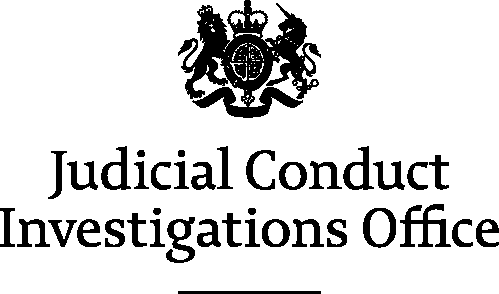


JCIO 34/24
Date: 10 July 2024
A spokesperson for the Judicial Conduct Investigations Office said:
The Lady Chief Justice with the Lord Chancellor’s agreement has issued Deputy District Judge (DDJ) Adrian White with formal advice for misconduct.
The Guide to Judicial Conduct reminds judges to be courteous, patient, tolerant and to respect the dignity of all. They should also ensure that their conduct maintains and enhances public confidence in the judiciary.
A litigant in person, who appeared before DDJ White in court, complained that the judge had shouted at him. DDJ White denied shouting but accepted that he had raised his voice to ask the litigant to leave the court room after he repeatedly questioned his decision.
The complaint was considered by a nominated judge under the Judicial Conduct (Judicial) Rules 2014. The nominated judge considered that, while the litigant had asked DDJ White the same question several times, he had done so because he did not understand why his claim was dismissed.
The nominated judge found that DDJ White had been discourteous towards the litigant by shouting at him and recommended that he should be issued with formal advice.
DDJ White accepted the findings of the nominated judge.
Having considered the facts of the case, the Lady Chief Justice and Lord Chancellor agreed with the nominated judge that DDJ White’s actions fell short of the standards expected of a judge and that his actions amounted to judicial misconduct.
Media queries in relation to the JCIO should be made in the first instance to the Judicial Press Office - telephone 020 7073 4852 or via email - press.enquiries@judiciary.gsi.gov.uk
Sanctions for misconduct by judicial office-holders are set out in the Constitutional Reform Act 2005. They are, in order of severity: formal advice, formal warning, reprimand and removal from office.
For more information about the Office, including details on how to make a complaint against a judicial office holder, you can visit the JCIO website at: Judicial Conduct Investigations website